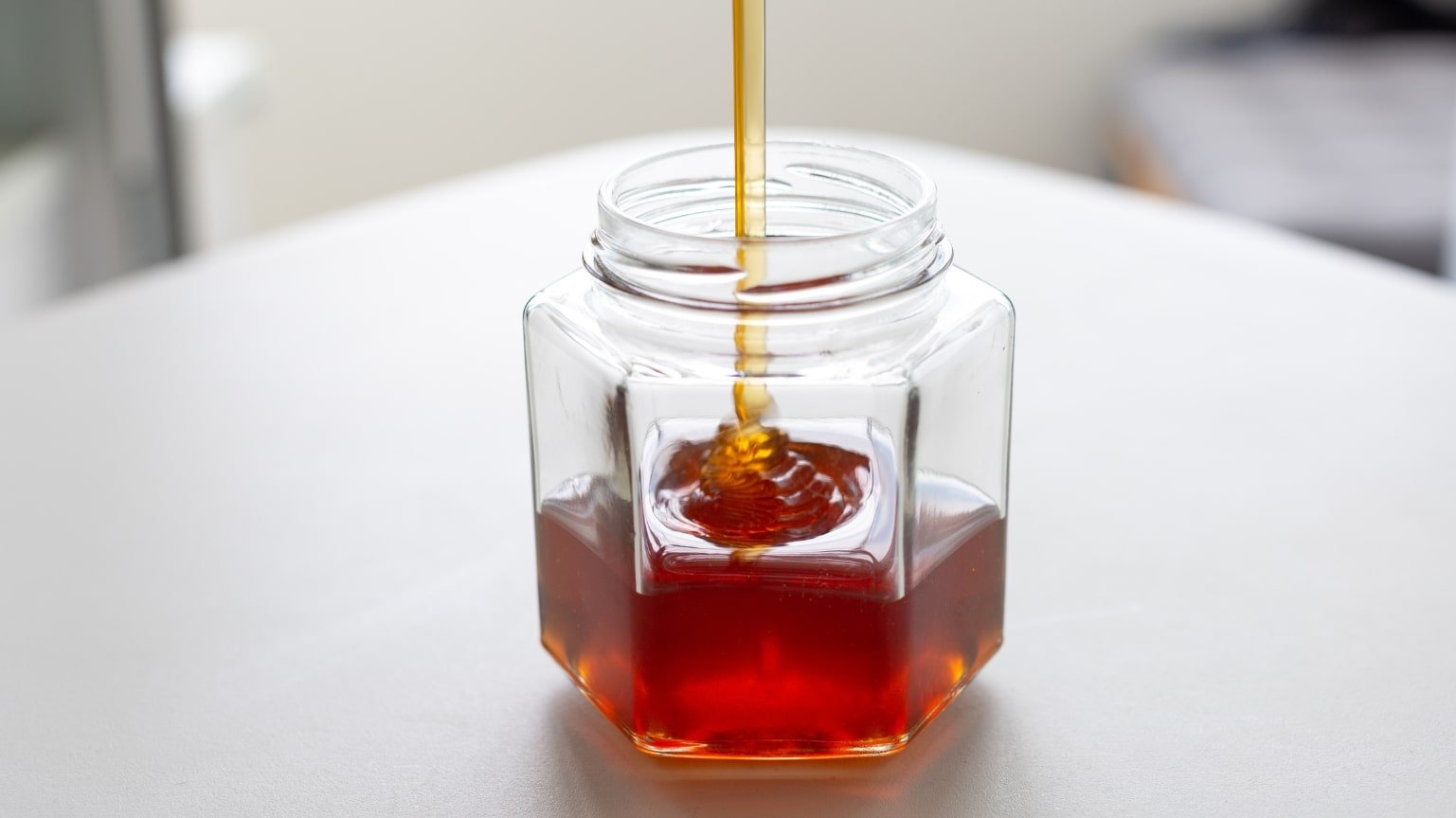
Introduction
Buckwheat honey, with its dark hue and robust flavor, stands out among the plethora of honey varieties available worldwide. Beyond its distinctive taste, this honey offers a treasure trove of nutritional, culinary, and medicinal benefits. In this article, we delve into the depths of buckwheat honey, exploring its origins, flavor profile, health attributes, culinary uses, and more.
Origins and Production of Buckwheat Honey
Buckwheat honey is derived from the nectar of the buckwheat plant (Fagopyrum esculentum), an ancient grain-like crop cultivated in various parts of the world. Despite its name, buckwheat is not a true cereal grain but rather a pseudocereal, belonging to the same family as rhubarb and sorrel. The plant produces small, white flowers rich in nectar, which bees eagerly collect during the flowering season, resulting in the production of dark, intensely flavored honey.
Flavor Profile and Characteristics
One of the defining features of buckwheat honey is its deep, dark amber color, often bordering on shades of mahogany or molasses. This rich coloration is indicative of its high mineral content and antioxidant properties. In terms of flavor, buckwheat honey is bold and robust, with notes of molasses, malt, and earthiness. Its complex flavor profile sets it apart from lighter honeys, making it a favorite among honey connoisseurs and culinary enthusiasts.
Nutritional Value of Buckwheat Honey
Buckwheat honey is not only prized for its flavor but also for its nutritional composition. Like all honeys, it is a natural source of carbohydrates, primarily consisting of fructose and glucose. Additionally, buckwheat honey contains various vitamins, minerals, and antioxidants, including potassium, iron, zinc, and polyphenols. These nutrients contribute to its potential health benefits, which we will explore in the following section.
Buckwheat Honey Health Benefits
Beyond its culinary appeal, buckwheat honey has been traditionally used for its medicinal properties. Research suggests that buckwheat honey may possess antibacterial, anti-inflammatory, and antioxidant properties, making it a valuable natural remedy for various health conditions. For instance, its antibacterial properties may help soothe sore throats and alleviate cough symptoms, making it a popular ingredient in cough syrups and throat lozenges. Moreover, its antioxidant content may support overall health and immune function, protecting against oxidative stress and inflammation.
Culinary Uses
In the culinary realm, buckwheat honey’s bold flavor adds depth and complexity to a wide range of dishes and beverages. Its robust taste pairs well with strong cheeses, cured meats, and hearty breads, creating a harmonious balance of sweet and savory flavors. Buckwheat honey also shines as a natural sweetener in marinades, dressings, and sauces, lending its distinctive flavor profile to dishes like barbecue sauce and glazes for roasted vegetables.
In addition to savory applications, buckwheat honey enhances the taste of sweet treats such as cookies, cakes, and granola bars. Its rich, caramel-like flavor complements chocolate, nuts, and spices, elevating the indulgent experience of desserts. Moreover, buckwheat honey can be drizzled over yogurt, oatmeal, or fruit for a nutritious and flavorful breakfast or snack option.
Sustainability and Production Practices
As consumers become increasingly concerned about sustainability and ethical sourcing, it’s essential to consider the production practices behind buckwheat honey. Supporting local beekeepers who prioritize sustainable beekeeping methods is crucial for preserving bee populations and protecting ecosystems. By choosing organic or responsibly produced buckwheat honey, consumers can contribute to the conservation of pollinators and biodiversity.
FAQ about Buckwheat Honey
Is buckwheat honey better than regular honey?
Whether buckwheat honey is better than regular honey depends on individual preferences and specific health needs. Buckwheat honey offers a distinctively bold flavor profile with rich, earthy undertones, making it a favored choice for those who appreciate deeper, more robust flavors. Moreover, it boasts potential health benefits attributed to its higher antioxidant content and antibacterial properties, which may support immune function and soothe sore throats. However, regular honey varieties, such as clover or wildflower honey, have their own unique characteristics and nutritional profiles. Ultimately, the choice between buckwheat honey and regular honey boils down to personal taste preferences and desired health benefits, with both options offering valuable contributions to a well-rounded diet.
Why is buckwheat honey more expensive?
Buckwheat honey tends to be more expensive than regular honey due to several factors. Firstly, buckwheat plants have a relatively short flowering season, and their nectar production is limited compared to other honey-producing plants. This scarcity of nectar means that bees must work harder and gather more nectar to produce a comparable amount of honey, leading to higher production costs. Additionally, the intense flavor and rich color of buckwheat honey make it highly sought after by consumers, further driving up its market price. Moreover, buckwheat honey is often produced in smaller quantities and harvested by artisanal beekeepers, contributing to its premium price tag.
What is the difference between buckwheat and wildflower honey?
The primary difference between buckwheat and wildflower honey lies in their floral sources and resulting flavor profiles. Buckwheat honey is derived from the nectar of buckwheat flowers, which impart a distinctively bold and robust flavor with hints of molasses and malt. In contrast, wildflower honey is a blend of nectar collected from various wildflowers and plants within a specific region, resulting in a more diverse flavor profile that can vary depending on the local flora. While both honeys offer unique taste experiences, buckwheat honey tends to have a darker color and stronger flavor compared to the lighter, milder taste of wildflower honey.
Is buckwheat honey the healthiest?
While buckwheat honey offers several potential health benefits, it’s essential to note that the concept of one honey being the “healthiest” is subjective and depends on individual preferences and health needs. Buckwheat honey is known for its higher antioxidant content and potential antibacterial properties, which may support immune function and alleviate symptoms of sore throats and coughs. However, other types of honey, such as Manuka honey or certain varieties of wildflower honey, also boast unique health-promoting properties. Ultimately, the healthiest honey for you depends on factors like taste preferences, desired health benefits, and overall dietary and lifestyle choices. It’s advisable to consume a variety of honey types in moderation as part of a balanced diet to reap the diverse nutritional and medicinal benefits they offer.
Conclusion
In conclusion, buckwheat honey stands out as a versatile and nutritious ingredient with a rich history and myriad benefits. From its distinctive flavor profile to its potential health-promoting properties, buckwheat honey offers a multifaceted experience for culinary enthusiasts and health-conscious individuals alike. Whether enjoyed on its own or incorporated into a variety of dishes, buckwheat honey continues to captivate taste buds and inspire appreciation for the natural wonders of the honeybee’s world.



